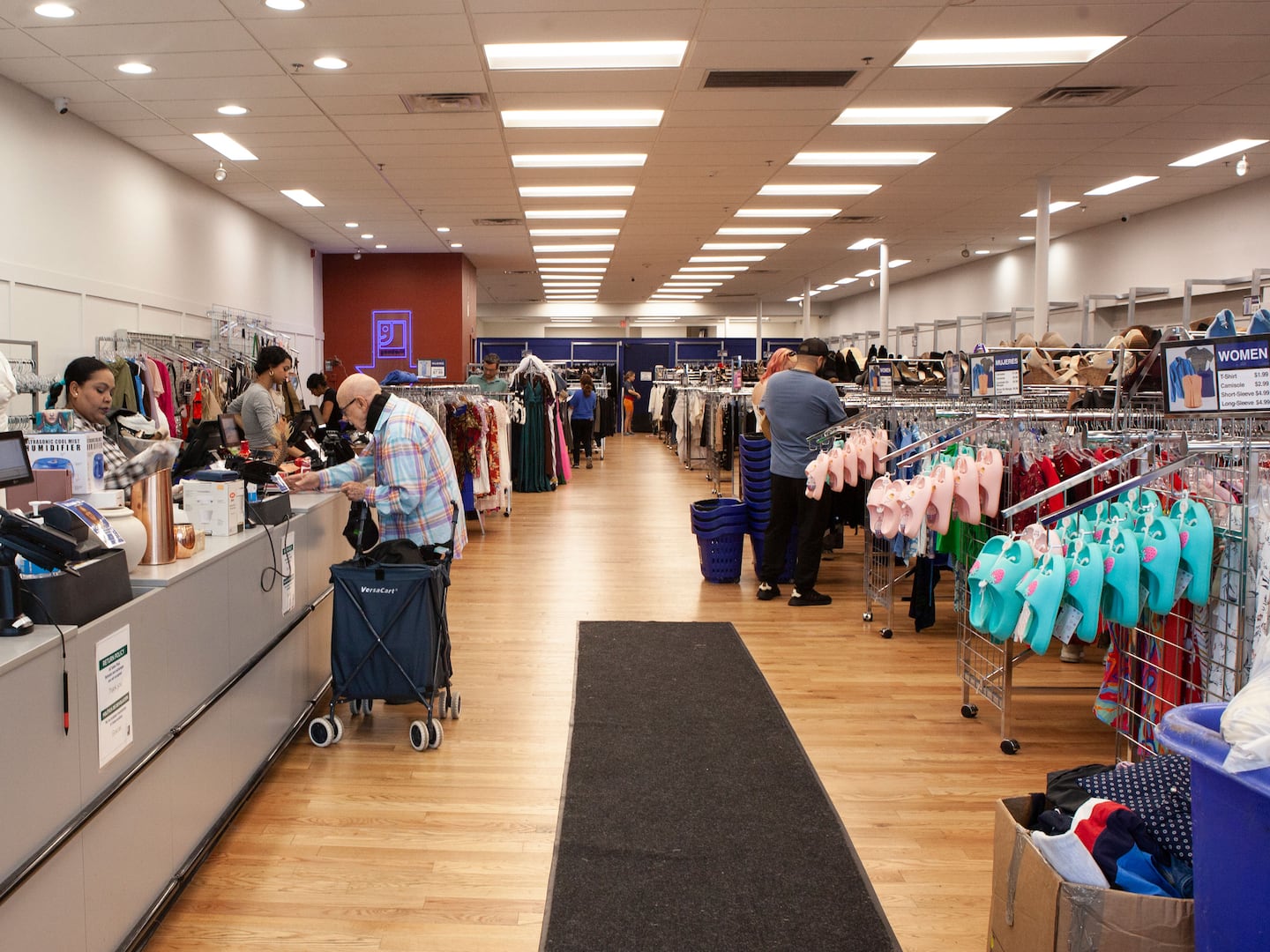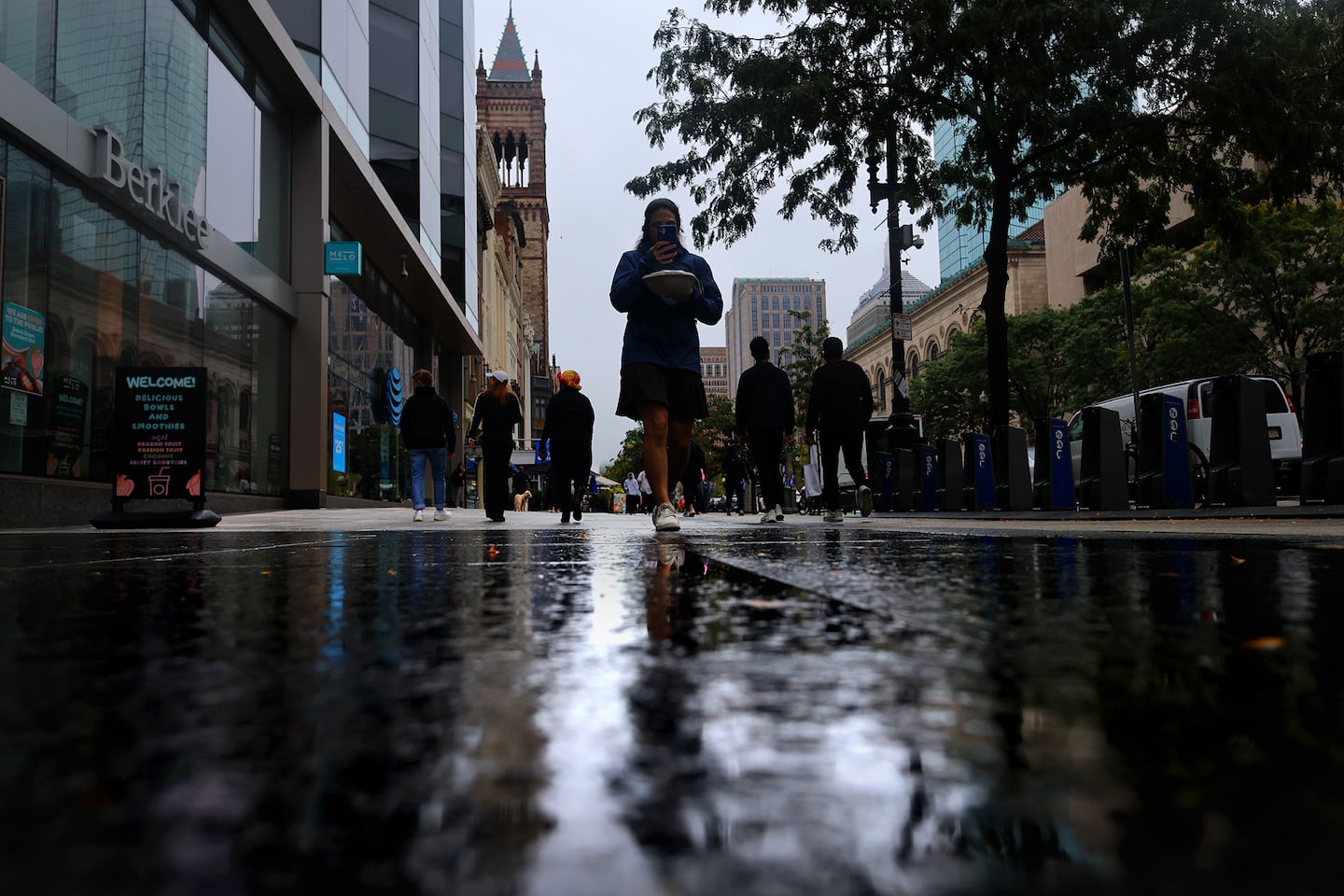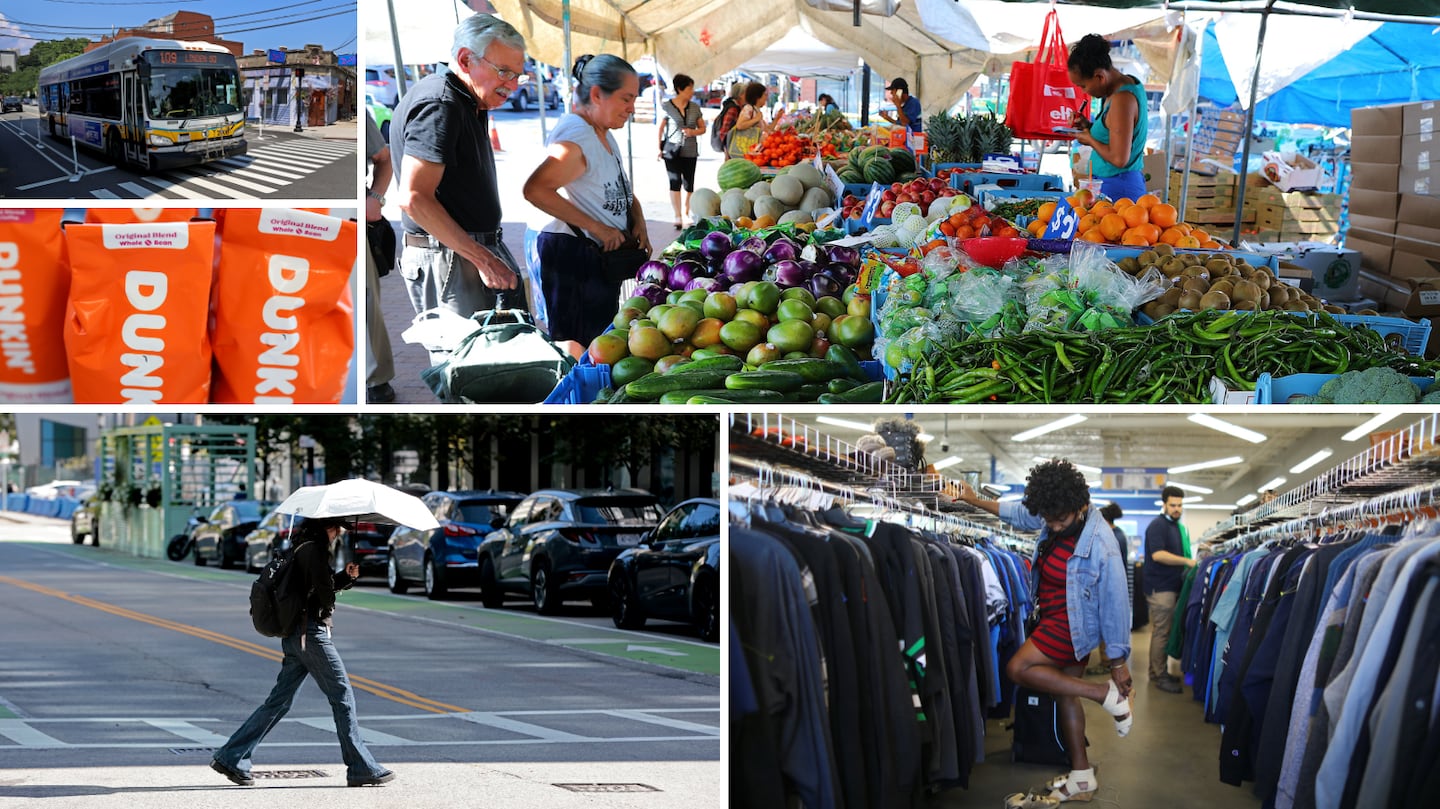Thanks for sharing those tips, and in that same spirit, here are a few more ideas presented by Globe readers:
I mentioned how my wife and I shop at half a dozen places, including BJs and Market Basket, to try to take advantage of price and quality differences. A reader had a good suggestion for another option: Boston’s open-air farmers’ market in Haymarket Square, which is open all year on Fridays and Saturdays.
“It’s a fraction of the cost of grocery store shopping,” the reader wrote in an email.
Haymarket is a historic, colorful place, a collection of about 50 independent vendors, where the prices are low and the quality, well, varies.
And those who run it have a blunt sense of humor: “If you want polite people and perfect produce, go to the supermarket, where they’ll smile at you while charging you $3 per pound instead of $1 per three pounds,” it says on Haymarket’s website. (This particular boast comes from a set of “market tips” posted on the website since 2003; the market’s governing Pushcart Association dates to 1820.)
Another reader put in a plug for buying groceries at Walmart+, a paid membership service (a one-year membership currently goes for $49) with free delivery from local stores, free shipping on online orders with no minimum, and member discounts on fuel.
I mentioned that I occasionally shop BJs for bargain-priced new clothing. A reader wrote: “You forgot to suggest the biggest savings of all — not buying new.”
Instead, she suggested, buy used clothing at thrift stores and vintage shops, including places like Savers and Goodwill.
In July, the Globe published a “best of” list of such stores and shops.
 The Goodwill Store in Somerville’s Davis Square.Mona Miri for the Boston Globe
The Goodwill Store in Somerville’s Davis Square.Mona Miri for the Boston Globe
The same reader also suggested checking out Facebook Marketplace, Craigslist, and other social media sites “where people give things away they don’t need anymore,” or sell them cheap.
Skip the expensive coffee
About two-thirds of us drink coffee daily. Several readers suggested that making your own at home and toting it to work may save big bucks. (Brown bagging a lunch helps too.)
“Those daily or several times a week trips to Dunkin’ or Starbucks really add up,” a reader wrote. “Buy some flavored syrups and create a coffee station at home.”
It says online the average cost of a cup of coffee in Boston is about $3.50, $5 for cold brew and $5.35 for a latte. Even at $3.50, two cups a day, five days a week, comes out to $35.
For some it’s a small price to pay (but it is a price). My wife rarely returns home from work or errands without a coffee or latte in her hands. It’s her special treat and it’s best for me to keep this cost-cutting suggestion to myself.
On the topic of saving on coffee, another reader simply chimed in: “Buy and grind your own beans.”
“Much cheaper to eat at home,” one reader said. “Healthier, too.”
Yes, of course that’s true, although I’ve happily paid expensive restaurant tabs for special family occasions, especially when one of my adult children steers us to a fantastic new restaurant.
But dining out multiple times a week might be too much. And while you usually save on the tip by getting takeout at your favorite restaurant, you’re still paying much more than you would at home.
To cut down, I recommend whipping up a batch of turkey chili, beef stew, or similar dish on weekends that can go in the freezer for nights when cooking seems too ambitious.
In my earlier piece, I touted how much money it saves to use the MBTA for trips to Boston (Haymarket is my next planned destination). One reader pointed out an extra benefit that comes from driving fewer miles: lower auto insurance bills.
It varies among insurers, but generally driving under 7,500 miles a year can save as much as 10 percent on the high cost of insurance. The same reader also suggested increasing your deductible to lower your premiums. (Nationally, the average cost of full coverage car insurance climbed to about $2,650 in 2025, an increase of 12 percent from last year, according to Bankrate.)

Pedestrians on Boylston Street in Boston on Sept. 25. Lane Turner/Globe Staff
Speaking of private transportation, several readers warned against buying a new car or truck. New vehicles lose thousands of dollars in value the moment they are driven off the sales lot, a reader wrote. “Look for a pre-owned vehicle that still has factory warranty coverage,” the reader said.
Another reader pointed out you will save significantly in excise tax when you buy a used vehicle, compared to a new one.
“Read Consumer Reports at your local library or get a subscription if you can manage it,” a reader wrote. “Cars, appliances, household goods, food items, paints, companies — you name it — are reviewed and ranked so that you can purchase the best quality for your money.”
Another reader advised creating a budget to track spending, something I have also advocated. “Too many folks don’t really know (or have time to know) where their money goes,” the reader said.
“Cut back on holiday spending,” a reader wrote. “Most of us really don’t need more stuff.”
Another reader said: “Don’t buy crap on Amazon you don’t need. Amazon purchases are just too easy. When I recently tallied our purchases I nearly fell off my chair.”
Here’s one suggestion I won’t endorse (at least not for myself), but others have done it or considered it: Move to a lower-cost state. I consider myself a Massachusetts lifer.
Got a problem? Send your consumer issue to sean.murphy@globe.com. Follow him @spmurphyboston.
